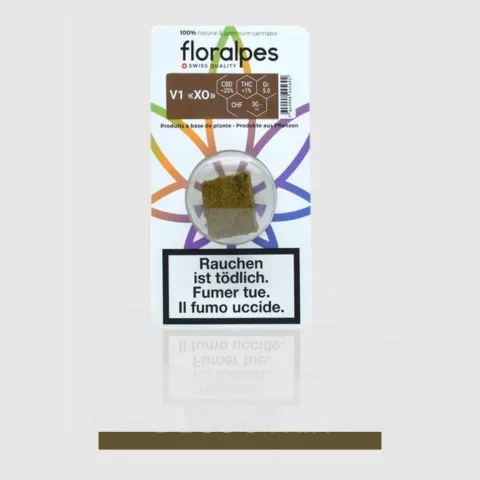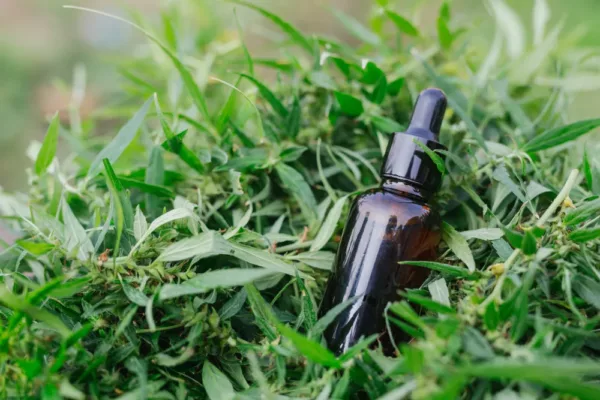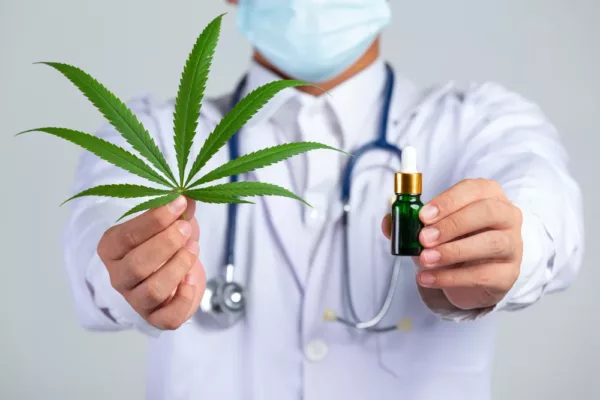Your basket is empty
Is CBD legal in Switzerland?
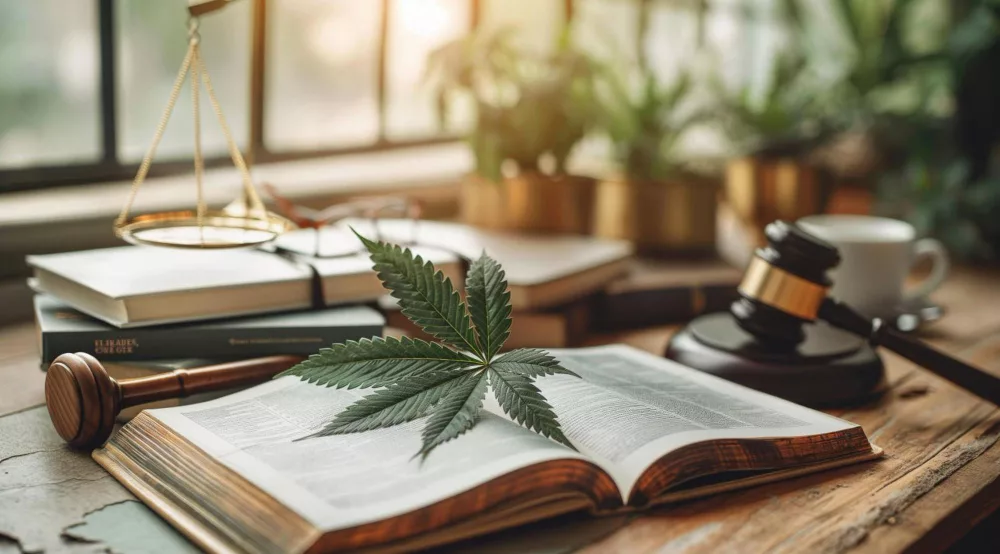
The regulations surrounding the distribution and consumption of cannabis in Switzerland is a subject that raises many questions for consumers and professionals alike. Faced with legislation that is often perceived as complex, many wonder: is CBD legal? So it's crucial to understand exactly what is and isn't allowed in Switzerland.
This regulatory gray area can create uncertainty for those wishing to ensure the compliance of their possession or business. Deciphering the subtleties of federal and cantonal laws is essential to safely navigating this changing market. At the end of this article, we'll look at a specific product, Cannabis hasch CBD V1 XO, to illustrate how it fits into this legal framework.
What does the law say about the legality of CBD in Switzerland?
Switzerland has adopted a relatively liberal regulatory approach to CBD (Cannabidiol), clearly distinguishing it from cannabis containing compounds subject to the Narcotics Law. The importance of the evolving legality of CBD is reflected in this legal framework, which is based primarily on the concentration threshold of a certain substance present in the finished product.
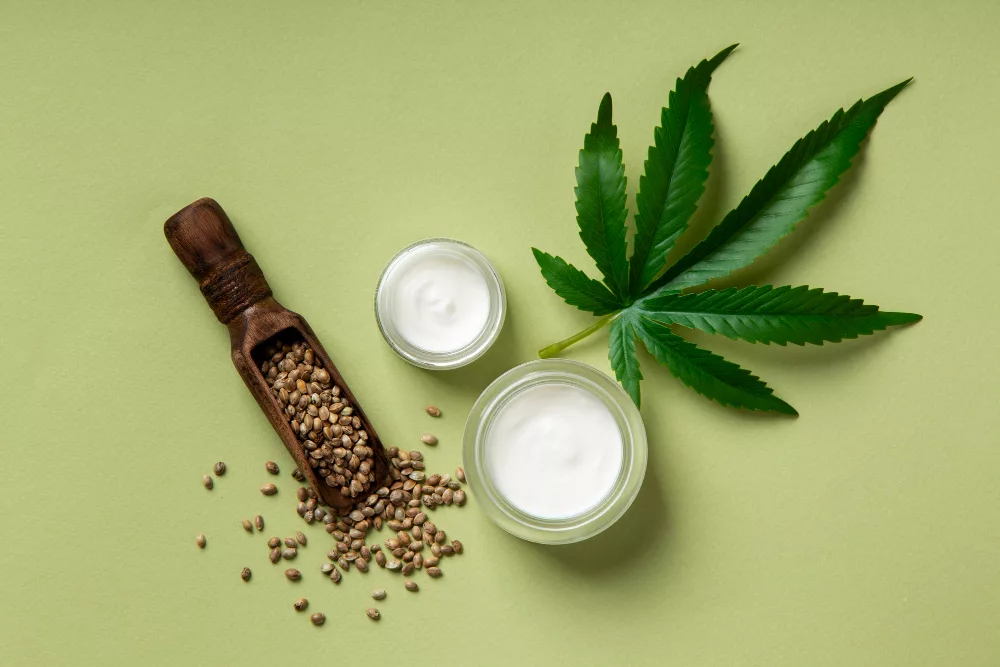
The legal threshold for specific substance content
The fundamental criterion determining the legality of a CBD product in Switzerland is its concentration of a controlled substance. According to federal legislation, hemp and hemp-derived products are considered legal and not subject to the Narcotics Law if their total content of this substance is less than 1.0%. As a result, a frequent question among consumers is: is cannabidiol in all its forms legal in Switzerland?
This threshold is significantly higher than in many other countries. As long as this limit is respected, CBD is treated as a common commercial product, although its final legal status depends on its specific classification.
The different product classifications
Although legal as a substance, CBD must be marketed according to a strict classification that determines its authorized use. Many consumers ask: is CBD legal regardless of its use? In reality, CBD products fall into three main categories, each governed by a different law:
- Chemicals: CBD can be sold as a chemical if its end use is clearly defined as not for food or application to the human body.
- CBD Cosmetics CBD is widely used in products designed to be applied to the skin (balms, creams, etc.), which are governed by legislation on foodstuffs and articles of daily use.
- Tobacco substitutes: A large volume of hemp flowers containing CBD are marketed in Switzerland as tobacco substitutes. These products are therefore subject to tobacco legislation, including tobacco tax, even though they do not contain nicotine.
This diversity of classification imposes different labeling and manufacturing requirements on companies, which is an important factor in determining the cost and compliance of products on the Swiss market. Strict compliance with these classifications is essential to avoid any infringement of the law.
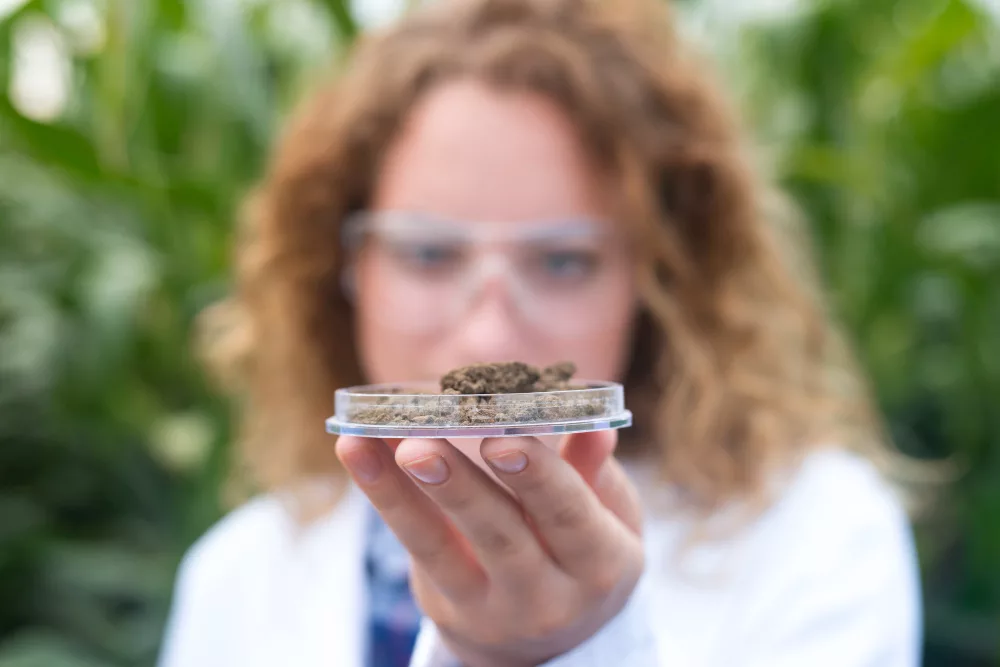
What are the current uses of CBD on the Swiss market?
Thanks to a well-defined legal framework, CBD (Cannabidiol) has been integrated into various consumer sectors in Switzerland. The regulations, which focus on the level of controlled substances, have enabled the development of several product categories aimed at the general public.
Substitute products and hemp flowers
One of the most visible product categories on the Swiss market is CBD-rich hemp flowers and products intended for use as tobacco substitutes. These items are widely available in newsagents, specialist stores and online.
Faced with this growing popularity, many consumers are asking: is CBD legal in this form of consumption? Although they do not contain nicotine, they are subject to tobacco tax. This classification has enabled their legal distribution and use, requiring specific labeling to ensure compliance with the law.
The cosmetics and external care sector
CBD has become a popular ingredient in the cosmetics and skincare industry. Creams, balms, serums and lotions are commonly enriched with CBD extracts.
These products are marketed in accordance with the legislation on everyday objects and cosmetics, which guarantees safe use and correct composition. This external application accounts for a significant proportion of CBD consumption in Switzerland.
Raw materials and technical products
CBD is also sold in the form of raw materials, isolates or concentrated extracts for industrial use. In this context, some ask: is CBD legal when used for industrial purposes? These products are often classified as chemicals if they are not intended to come into contact with humans.
They are used by companies to formulate finished products, whether for cosmetic, technical or other uses. This industrial use underlines CBD's versatility and its growing importance as a component in a variety of manufacturing processes, always in strict compliance with current regulations.
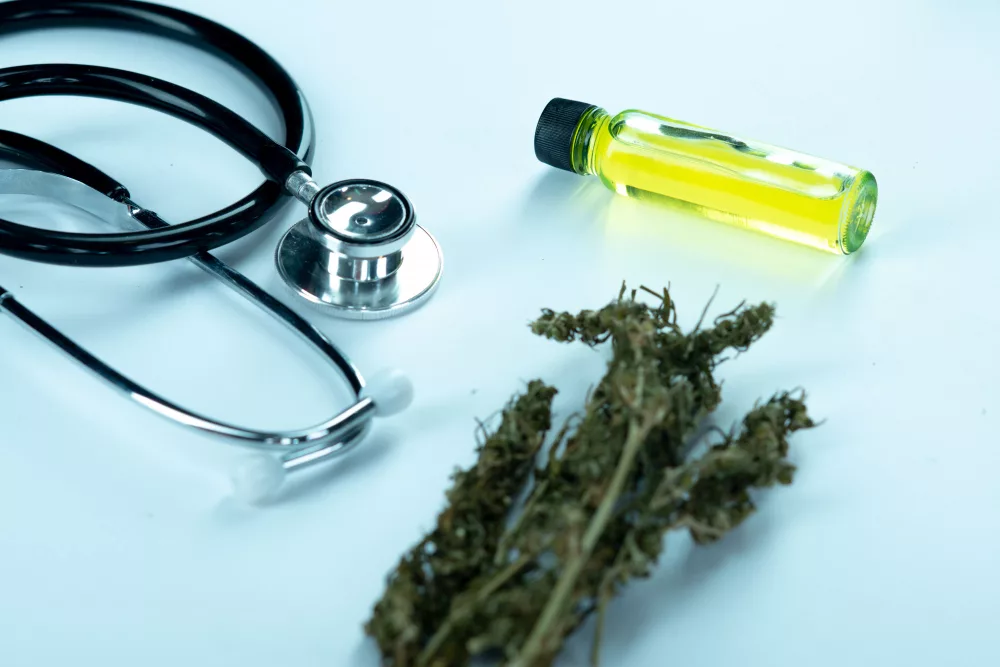
Where can I buy CBD products in Switzerland?
The legal framework for CBD in Switzerland allows distribution via a variety of channels, offering consumers easy access, but requiring a clear understanding of authorized purchase locations.
Local physical outlets
CBD products, in particular hemp flowers for use as a tobacco substitute and cosmetic items, are widely available in local physical locations.
They are commonly found in kiosks, tobacco stores and gas stations. With so much on the market, many consumers are wondering: is CBD legal to be sold so freely?
This accessibility is due to the classification of these products, which enables them to be sold in a similar way to tobacco products or everyday objects. This ease of physical purchase is one of the hallmarks of the Swiss market.
Specialty stores and pharmacies
Specialized CBD stores have sprung up in many Swiss cities. These establishments often offer a wider catalog and advice on the various product forms (flowers, resins, pure extracts, etc.).
Some pharmacies and drugstores also offer CBD products, mainly in the form of cosmetics or raw materials. Buying in these places is often seen as offering an additional guarantee of product quality and conformity, although this can have an impact on their cost.
E-commerce platforms
Online purchasing is a major acquisition channel in Switzerland. Many Swiss producers and distributors use e-commerce platforms to sell directly to consumers. This method often provides access to a wider choice of strengths and formats. In this context, the marketing of CBD flowers online raises frequent questions: is CBD legal when purchased on Swiss or foreign sites?
When buying online, it is crucial to ensure that the supplier is based in Switzerland and provides laboratory analysis proving that the product complies with the legal limit of the controlled substance. This guarantees a legal transaction and greater assurance of the composition of the product purchased.
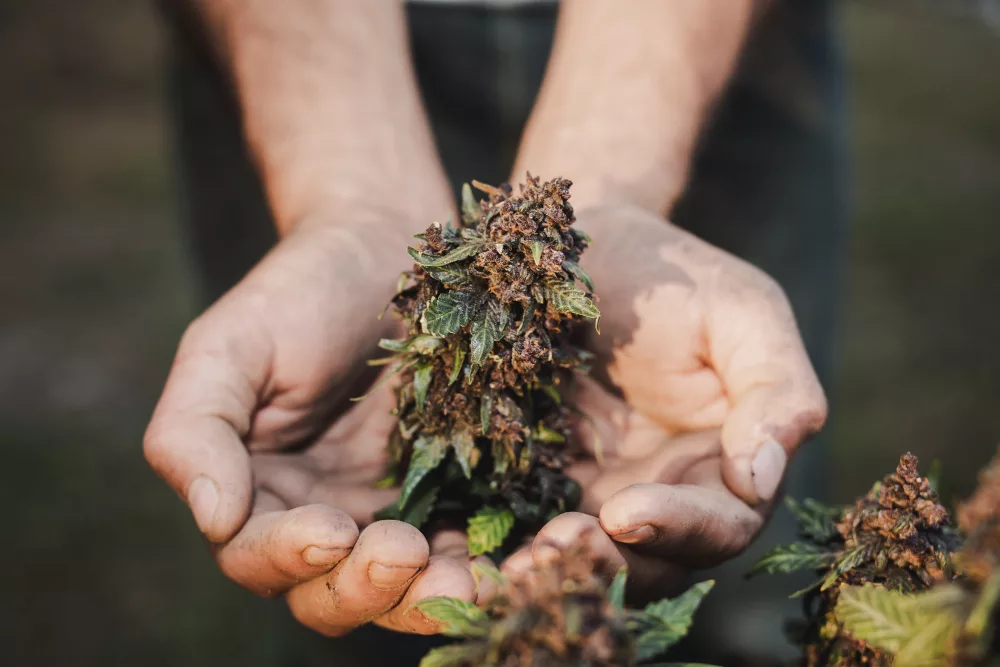
A unique experience with Cannabis hasch CBD V1 XO
If you fancy a taste of authenticity and discover the very best in cannabis pollen, look no further than the Naturalpes shop . Here, you'll have the pleasure of ordering the best product on the market, Cannabis hasch CBD V1 XO. Before trying it, many consumers naturally ask the question: is CBD legal in Switzerland?
Produced with care by the experts at Naturalpes, this pollen comes from cannabis flowers in the Swiss Alps. Distinguished by its premium quality and authenticity, it comes from high-quality cannabis plants for a rich, intense experience.
Thanks to its richness in hemp-derived elements, Cannabis hasch CBD V1 XO offers numerous benefits when consumed. You can enjoy its unique flavor in hemp infusions, whether cold or hot. For gourmets, it can also be used to prepare sweet or savoury dishes.
Naturalpes CBD Pollen is a must-have choice for those seeking a premium CBD product. It can also be incorporated into creams, balms and other preparations intended for application to the skin.
Choose this little gem from Naturalpes to make the most of your cannabis plants' potential. You won't regret it.
FAQ
How to enjoy Cannabis hasch CBD V1 XO from vaporization?
The principle is very simple, and you don't need to be a CBD expert to do it. Simply heat the product and inhale the pollen vapor.
What is the other name given to CBD pollen?
It's also known as resin or hash. It is a compact substance derived from the plant's trichomes.
What is the shelf life of cannabis pollen?
Once dried, the product can be stored for several years in the freezer.
